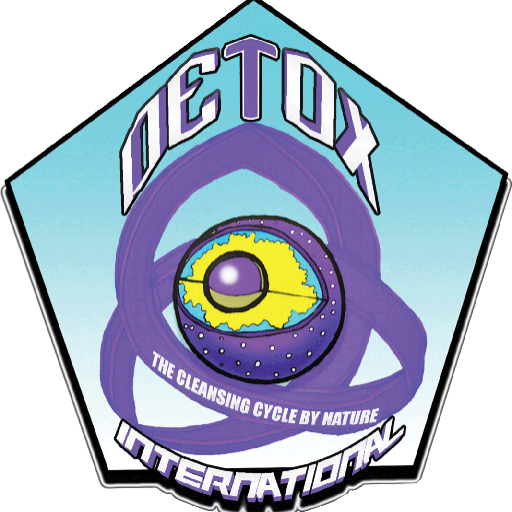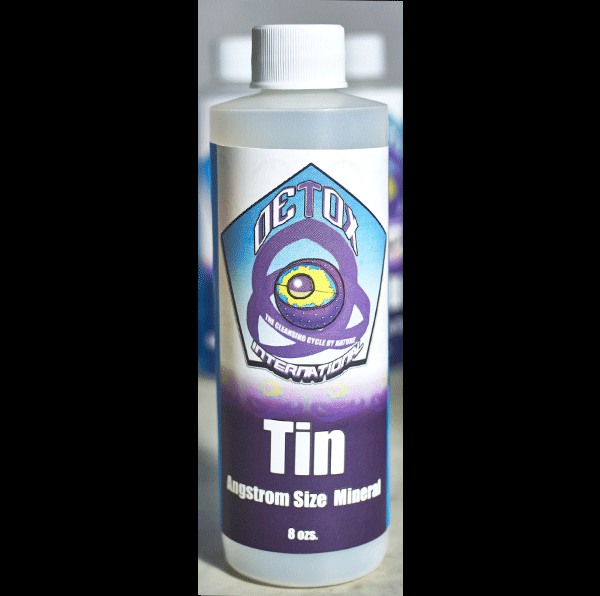2,500 +/- parts per million
Magnesium is a natural tranquilizer. Called the “anti-stress mineral,” it aids in relaxing nerves, relieving tension, assisting digestion, activating enzymes important for protein and carbohydrate metabolism, and modulating the electrical potential across all cell membranes.
Magnesium is important in the production and transfer of energy, muscle contraction and relaxation, and nerve conduction. It also aids regularity, is necessary to keep vertebrae in their proper position, induces restful sleep, purifies and purges body tissues (combats acids, toxins, gases, impurities, and neutralizes poisons), and lowers fever. Magnesium is stored in the bowel, nerves and ligaments. Chlorophyll and green vegetables contain large amounts of magnesium
Some symptoms of a magnesium deficiency:
- Asthma
- Malignant calcification of tissue
- Anorexia
- Migraines
- Cramps
- Muscular weakness
- Convulsions
- Muscle tremors
- Calcification of organs
- Muscle tics
- Calcification of small arteries
- Myocardial infarction
- Depression
- Neuromuscular problems
- ECG changes
- PMS
- Growth failure
- Vertigo
- Headaches
- Wrinkles
- Kidney stones
Natural sources: nuts, whole grains, unpolished rice, wheat germ, green vegetables.







There are no reviews yet.